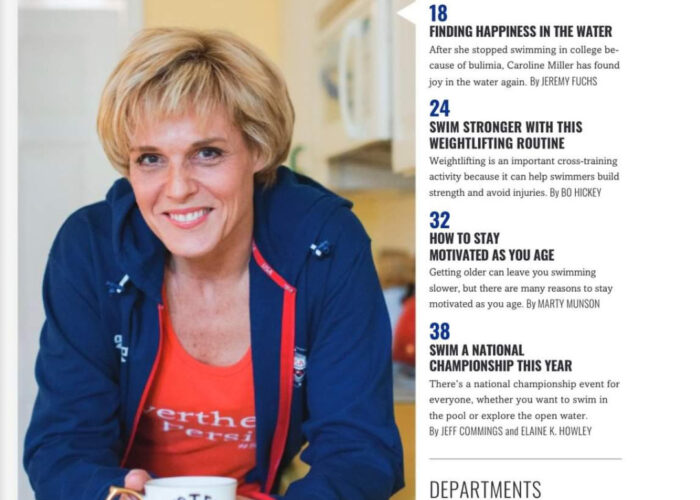Gossiping brings people together. That much we know from human history.
It’s even natural, to some degree. Kids do it as early as 5 years old.
But when it comes to the work week, constantly saying bad things about your coworkers can make an office a terrible place to work — even if everybody else is doing it, too.
It divides employees, hurts feelings and can even damage your personal credibility.
But not all gossip is bad. As it turns out, there are benefits to complimenting — not dissing — your coworkers behind their backs.
It lifts office morale
If negative gossip already exists in your workplace, it can be intimidating to try to change the culture. But it’s actually possible to counteract it with positive gossip.
When you talk about how well-prepared someone’s presentation was, you’re helping create what psychologists call a “flourishing” environment.
Caroline Adams Miller is a speaker, author, educator and coach who has studied the field of positive psychology at the University of Pennsylvania.
According to Miller, positive psychology theory says that positive comments should outnumber negative comments at least three or four to one. So when you’re praising your coworkers when they’re out of the room, you’re helping increase that positive ratio.
“Flourishing environments where workers feel ‘seen’ and appreciated have higher productivity, less absenteeism, less disengagement and more creativity among many other benefits,” Miller said.
The old adage says if someone gossips with you, they’ll gossip about you. That works the same with positive gossip.
“If you hear someone else complimented, it has a halo effect of other workers knowing that this can and will occur when they leave the room,” she said.
As a former TV news anchor, Liz Jeneault remembers how negative talk could tear down the newsroom morale in such a competitive industry.
But her managers would always give credit when credit was due, talking amongst themselves about a great story or interview. The conversation would inevitably spill into the rest of the newsroom.
It was those compliments and positivity that kept her going.
“I remember after landing some of my big one-on-one interviews, people kept coming to me to tell me how excited they were for me,” Jeneault said.
It’s something she keeps in mind now as vice president of marketing for Faveable.com.
“That made me feel more at ease about doing the interviews as I felt I had their support.”
It helps unheard voices be heard
If you’re in a management or more senior role at your workplace, you have special power when it comes to giving compliments. Who you choose to talk about can affect how far they advance in the workplace and in the industry.
So if you see someone who’s doing a great job, this is your chance to make sure they get the recognition for it.
“Many of us, particularly women and people of color, need someone to vouch for us in order to create advancement opportunity,” said HR consultant Sarah Morgan. “A good word from you may help your coworker be selected for projects and promotions by portraying them as someone reliable and diligent to people who otherwise would not have known about their good works.”
In a world full of gender and racial inequality in the workplace (there are only 27 women leading Fortune 500 companies, and no black women), lifting up your coworkers is an even more worthy cause.
It gives you an edge
Openly sharing compliments, while great, is still rare in many workplaces.
So if you begin to do it frequently, you’ll likely get noticed for it.
“By consistently being a positive force in the workplace, people doing this will gain a lot of recognition from their colleagues and their superiors for being positive and empowering,” said life coach Tiffany Toombs. “This often leads to an increase in opportunities for promotion, advancement and friendship.”
You’ll be known as positive and upbeat. Those are both good traits in a work environment.
That’s because positivity shows that you’re focused on harmony and collaboration, not competition among your peers.
It makes you more credible
Of course, you shouldn’t be giving out compliments like candy. Disingenuous compliments don’t help anyone. But when you give credit where credit is due, it gives you a more credible reputation.
It helps supervisors know that you can give honest feedback and compliments without being prompted to do so, according to Gina Curtis, career coach and HR specialist for Employment BOOST.
Even when an accomplishment is “a great boost for the team, it is still important to share compliments with the coworker as well,” she said.
So, if you can, close that loop. Tell your coworker directly how much you like that thing they were doing.
_______________________________
Gretchen has reported on the criminal justice system in rural Minnesota and covered everything from politics to millennial truck drivers for Wisconsin Public Radio. She is passionate about public media as a public service. She’s also into music and really good coffee. Read original article post here.



